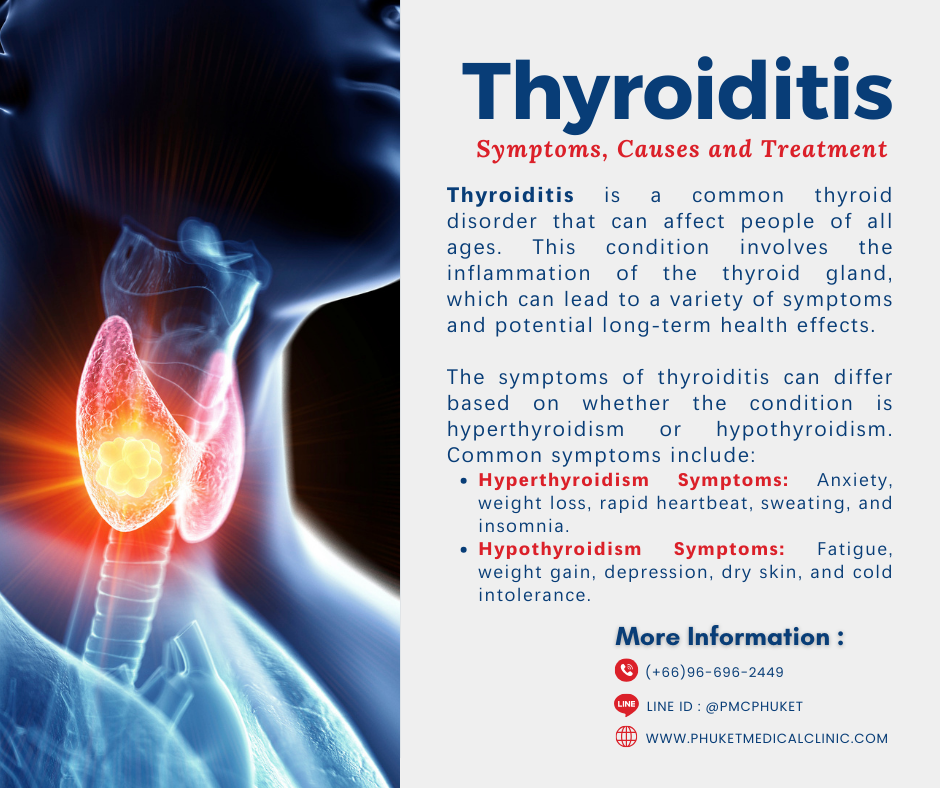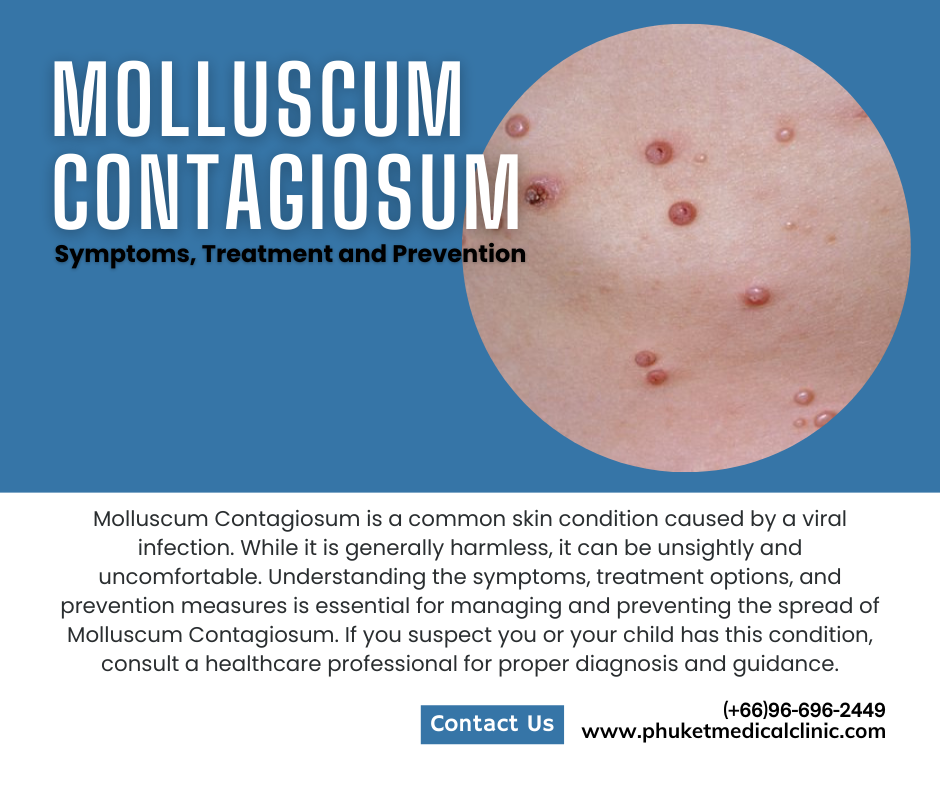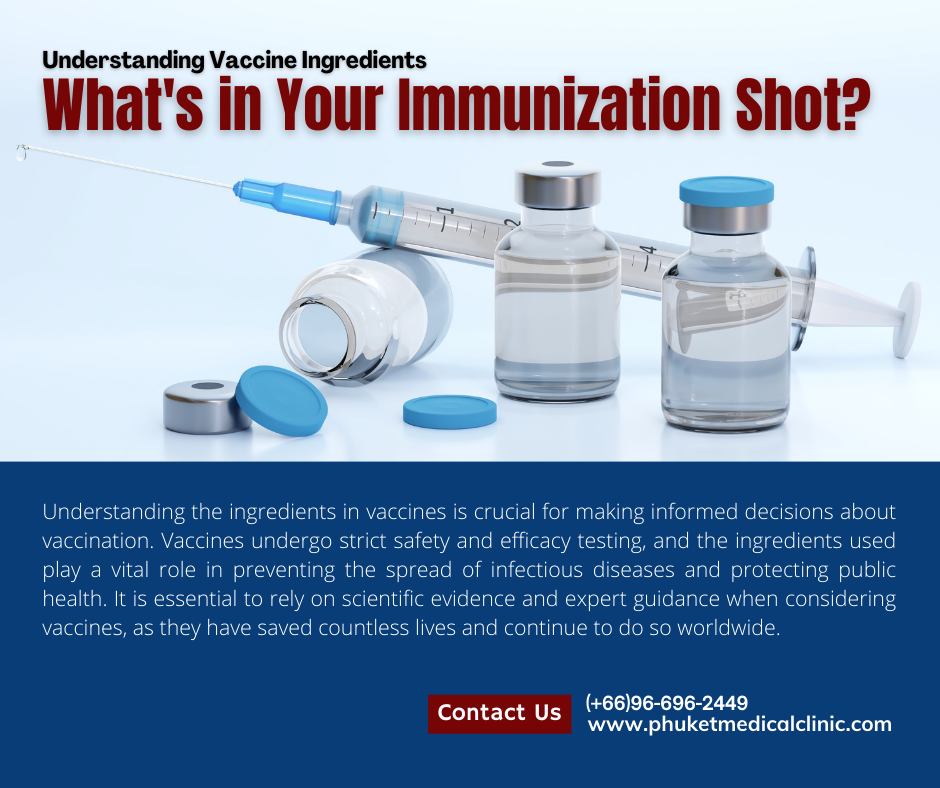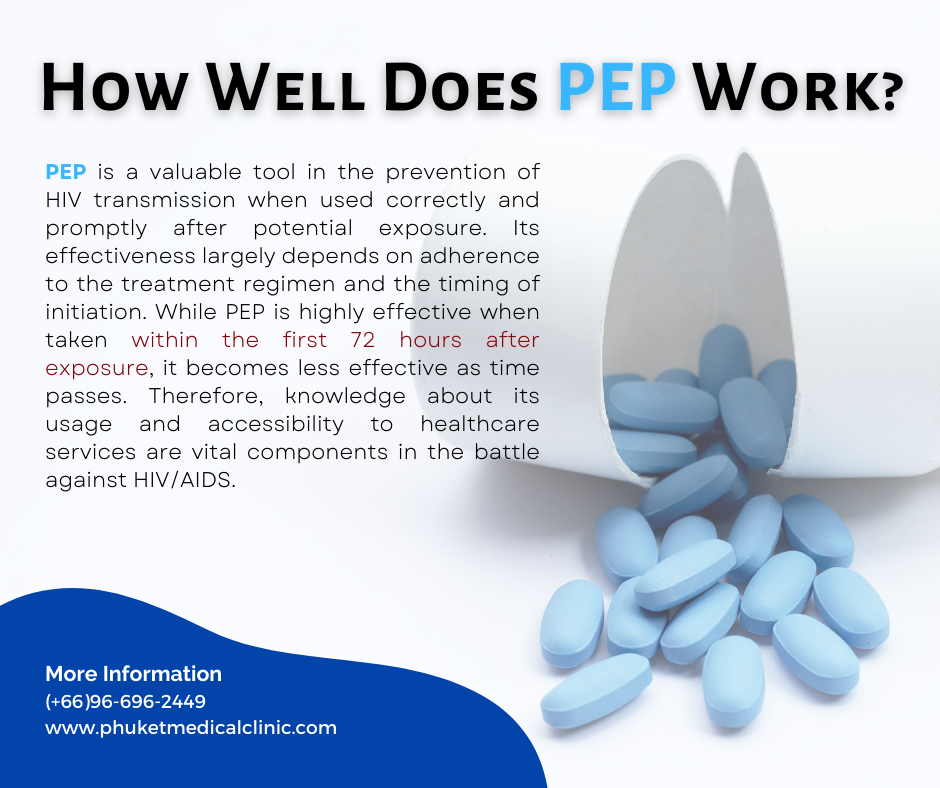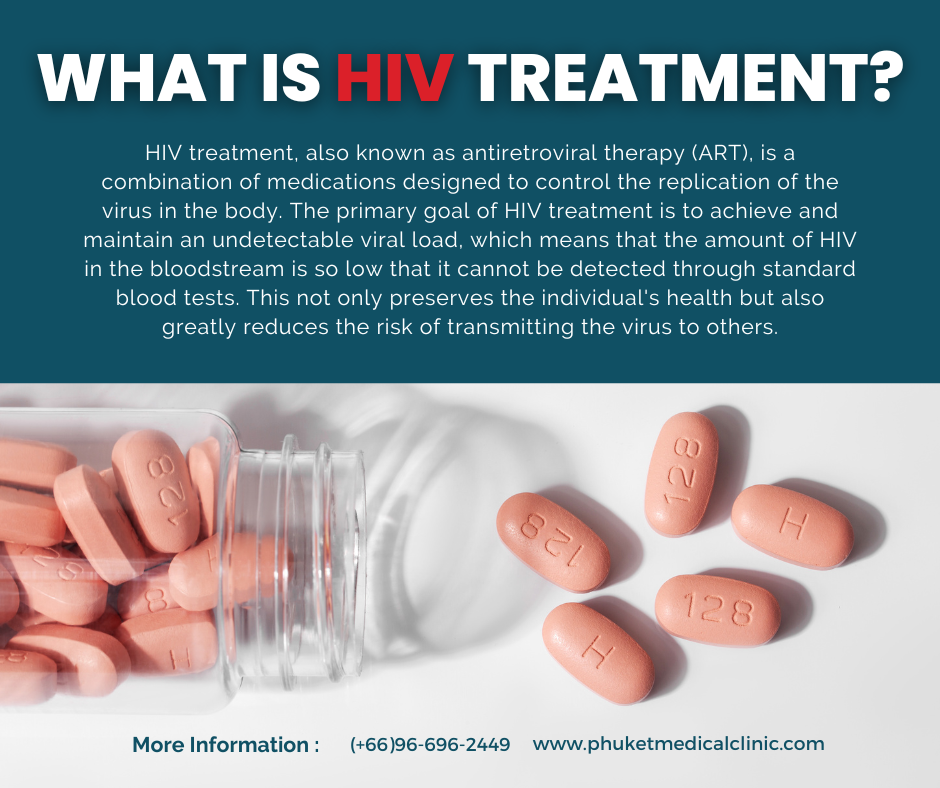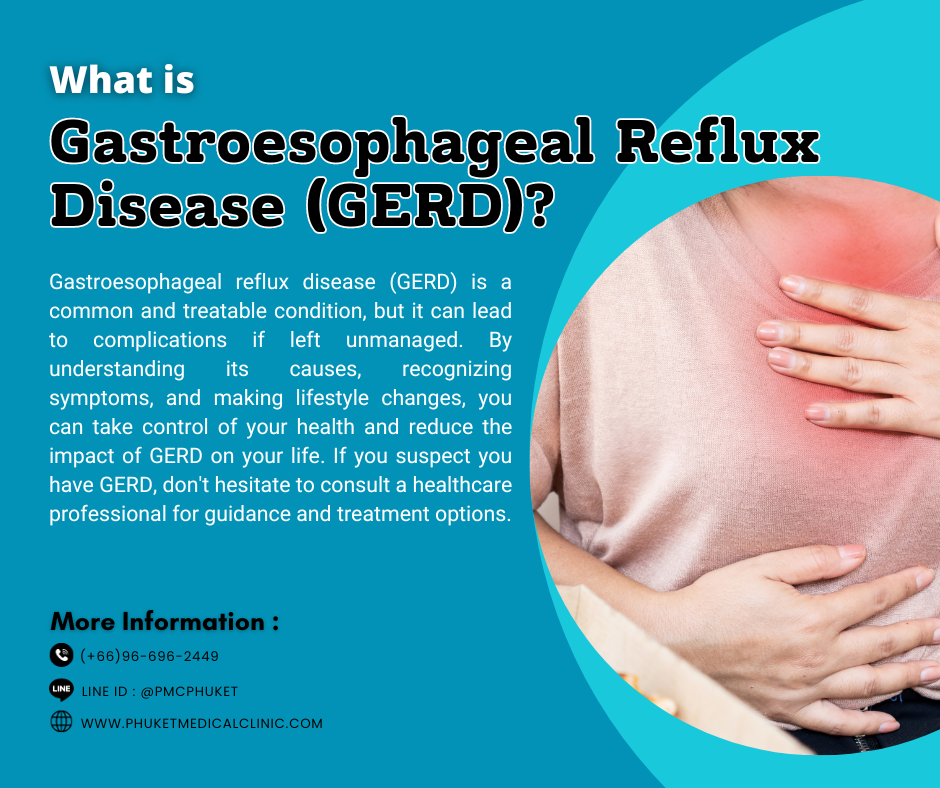Pregnancy is a beautiful and transformative journey, but it also comes with its fair share of concerns and responsibilities. One of the most crucial aspects of a healthy pregnancy is regular check-ups. These appointments with your healthcare provider are not only for monitoring the growth of your baby but also for ensuring your own well-being throughout the pregnancy. In this article, we will delve into the importance of pregnancy check-ups and how they contribute to a successful and healthy pregnancy.
Thyroiditis: Symptoms, Causes and Treatment
Thyroiditis is a common thyroid disorder that can affect people of all ages. This condition involves the inflammation of the thyroid gland, which can lead to a variety of symptoms and potential long-term health effects. In this article, we will explore the different types of thyroiditis, their causes, symptoms, diagnosis, and available treatments. By understanding thyroiditis, you can better manage this condition and maintain optimal thyroid health.
Molluscum Contagiosum: Symptoms, Treatment and Prevention
What Is Molluscum Contagiosum?
Molluscum Contagiosum is a viral infection caused by the Molluscum Contagiosum virus (MCV). This virus belongs to the Poxvirus family and is characterized by the development of small, painless, and flesh-colored bumps or lesions on the skin. These lesions are typically round, dome-shaped, and have a central indentation or umbilication.
Are STI and STD the Same Thing?
Sexually transmitted infections (STIs) and sexually transmitted diseases (STDs) both refer to conditions that are primarily spread through sexual contact. However, the distinction lies in the terminology:
STIs: Sexually transmitted infections are a broader category that includes any infection caused by bacteria, viruses, parasites, or other microorganisms that can be transmitted through sexual activity. Many people infected with an STI may not show symptoms, making early detection and prevention crucial.
STDs: Sexually transmitted diseases are a subset of STIs. These infections have progressed to a point where they cause noticeable symptoms and health problems. STDs are generally seen as more advanced stages of the infections compared to STIs.
What is Immunization?
Immunization often referred to as vaccination, is a medical process that involves administering a vaccine to stimulate the immune system. The primary goal of immunization is to help the body develop immunity against specific infectious diseases. This immunity allows the body to recognize and fight off these diseases more effectively if it is exposed to them in the future.
Understanding Vaccine Ingredients: What’s in Your Immunization Shot?
Vaccines have been a critical part of public health for decades, helping to protect individuals and communities from a wide range of infectious diseases. While the efficacy and safety of vaccines are well-documented, some people have concerns about the ingredients used in these life-saving shots. In this article, we will delve into the ingredients found in vaccines, explaining their purpose and addressing common misconceptions.
How Do You Get PrEP
Pre-exposure prophylaxis, or PrEP, is a powerful tool in the fight against HIV. It’s a medication that, when taken as prescribed, can significantly reduce the risk of HIV transmission. But how do you get PrEP, and what steps do you need to follow? In this article, we’ll walk you through the process, from understanding the basics to obtaining a prescription and finding affordable options.
How Well Does PEP Work?
Post-Exposure Prophylaxis, or PEP, is a medical intervention that has gained prominence as a vital component of HIV prevention. PEP is a regimen of antiretroviral medications prescribed to individuals who may have been exposed to the virus through activities like unprotected sex, needle sharing, or occupational accidents. This article aims to shed light on how well PEP works, its effectiveness, and the crucial factors that influence its success in preventing HIV transmission.
What Is HIV Treatment?
HIV treatment also known as antiretroviral therapy (ART), is a combination of medications designed to control the replication of the virus in the body. The primary goal of HIV treatment is to achieve and maintain an undetectable viral load, which means that the amount of HIV in the bloodstream is so low that it cannot be detected through standard blood tests. This not only preserves the individual’s health but also greatly reduces the risk of transmitting the virus to others.
What is Gastroesophageal Reflux Disease (GERD)?
GERD, short for Gastroesophageal Reflux Disease, is a chronic condition where stomach acid and partially digested food flow back into the esophagus, causing irritation and discomfort. This backflow is due to a weakened or malfunctioning lower esophageal sphincter (LES), which normally acts as a one-way valve between the stomach and the esophagus.


